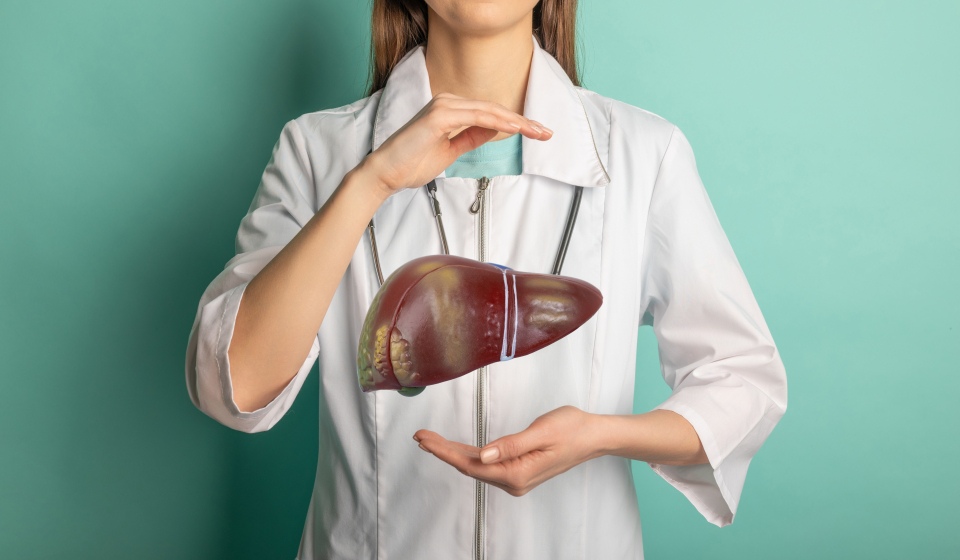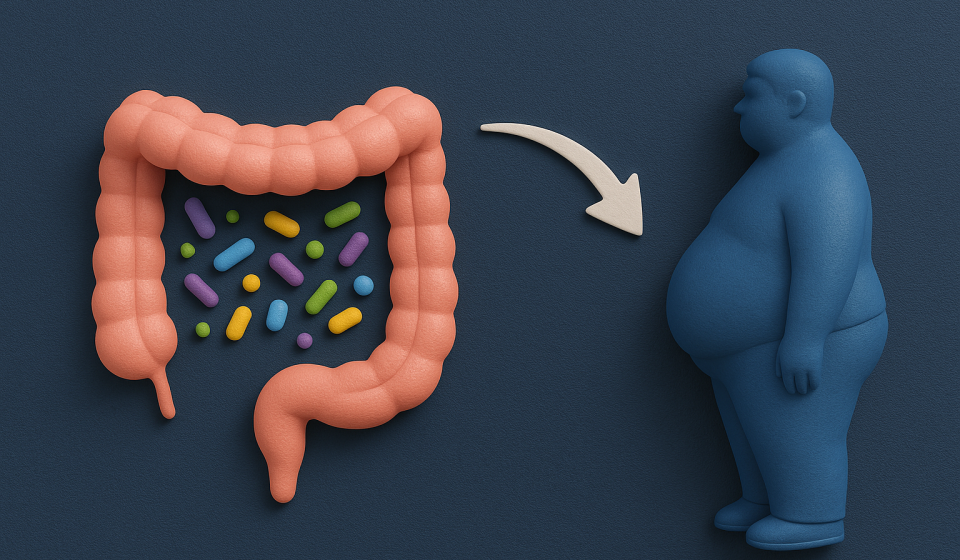Informed consent is the process that gives information to people who are thinking about taking part in the research. After learning about the research, you should understand:
- The purpose of the study.
- The procedures involved in the study.
- The possible benefits and risks of taking part in the study.
- The rights of people who take part in the research.
- That taking part in research is your choice.
- Alternative treatments are available.
- The right to be informed of any new information that may that might change your mind on continuing to participate.
Informed consent is a process that helps you learn about the research study. After learning about the study, you will be able to ask the researcher or his/her staff questions. You should only agree to take part after you clearly understand the study and feel comfortable. You should take time to talk over your decision with your doctors, family, and friends. If you agree to take part, you will be asked to sign an “informed consent form.”
Source: Cedars-Sinai.org










